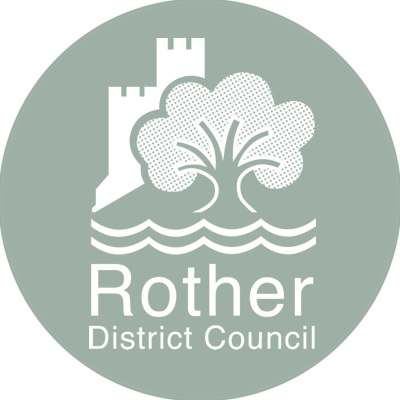Agenda item
Draft Revenue Budget 2020/21
Minutes:
Consideration was given to the report of the Executive Director on the preparation of the draft Revenue Budget for 2020/21. The report outlined the likely financial position and key issues that Members needed to consider as part of the budget setting process. Appended to the report were details of the summary draft Revenue Budget, the summary information for each service area, main changes from the 2019/20 budget, the Council’s revenue reserves and identified savings and additional income.
All budgets were shown as “Net Operational Expenditure Levels” which excluded capital charges, central costs and support service recharges. In addition, budgets were shown on a departmental basis which provided Members with a clear identifiable cost for each service.
The Council would revert to a 50% Business Rate pooling arrangement from April 2020 with the other East Sussex local authorities with a projected income for next year of nearly £3.5m.
The 2020/21 council tax base was calculated at 38,124.6 and showed an increase of 70 Band D equivalents over the equivalent December 2018 figures. The calculation made little allowance for potential growth during 2020/21 but for future years’ average growth of 2% per annum had been assumed.
The confirmed 2020/21 council tax referendum principles for Rother allowed an increase in council tax of £5 or 2% whichever was the highest. The draft Revenue Budget and forecast assumed that the Council would increase council tax by £5 to £184.45 for a Band D property which would result in an increase of income from council tax by £190,600 to an estimated total of £7,032,000.
The financial risks that may affect the Council’s finances were detailed in the report and these included increased costs for the Waste Collection and Street and Beach cleaning contract, which represented a significant proportion of the overall budget; homelessness demands; staffing costs; non-pay inflation for contracts and unsecured projected income.
The section 151 Officer had made the following assumptions when calculating the draft budget:
a. Inflation – 2% for CPI had been applied to contracts.
b. Salaries – a 2% staff salary increase from September 2020.
c. Growth – as detailed at Appendix C to the report.
d.Transfers – the use of transfers between existing budgets had been encouraged to help enable funding to be re-directed into priority areas.
e. Income – where the Council had discretion, increases would be in line with the increase in costs.
The net Revenue Budget before Government grants, use of reserves and other funding was expected to be £15.5m; this was an increase of £161,000 over the revised 2019/20 Revenue Budget. Appendix A to the report summarised the Budget and the Council Tax calculations. The Budget utilised £3.3m of reserves in order to meet specific costs. Of this £1.4m would be used to support capital expenditure with the remaining £1.9m being used to support service expenditure. To aid the OSC deliberations it was requested and agreed that two additional columns be added to Appendix A namely, the original budget and the end of year forecast.
For 2020/21, the Council would no longer receive the Revenue Support Grant and would be reliant solely on income from business rates, council tax, charges for services and income generation. As part of the settlement announced by the Government on 20 December 2019 indicative New Homes Bonus grant of £247,100 was expected, although no ongoing reliance of this income could be assumed as this was a one year grant.
The total earmarked reserves by the end of March 2020 was estimated to be £13.8m plus a £1m General Fund balance. Over the five year financial forecast previously reported, earmarked reserves were predicted to fall to £6.8m. The minimum level of cash backed reserves and balances were considered to be £5m.
The previously approved budget consultation was due to close in January 2020 and interim results would be reported to the OSC at their meeting on the 27 January 2020.
The draft Revenue Budget showed an increase of nearly £161,000 in the cost of services over the 2019/20 position. As explained in the report, the budget included a number of assumptions relating to income generation and savings, which if not delivered would result in an increased call on reserves.
It was advised that expressions of interest in respect of voluntary redundancies were still being considered but this process was likely to result in the required savings. It was noted that the actual cost of potential redundancies was not yet known and would be built into reserves as the costs were identified. In addition to the actions officers were already putting in place to deliver savings, Cabinet was keen for officers to explore possible options for meeting the future administrative building requirements of the Council with the objective of improving energy, operational and financial efficiency.
RESOLVED:That:
1) the draft Revenue Budget for 2020/21 be considered by the Overview and Scrutiny Committee at its meeting on the 27 January 2020; and
2) a further report be presented on the options for meeting the future administrative building requirements of the Council with the objective of improving energy, operational and financial efficiency.
Supporting documents:
